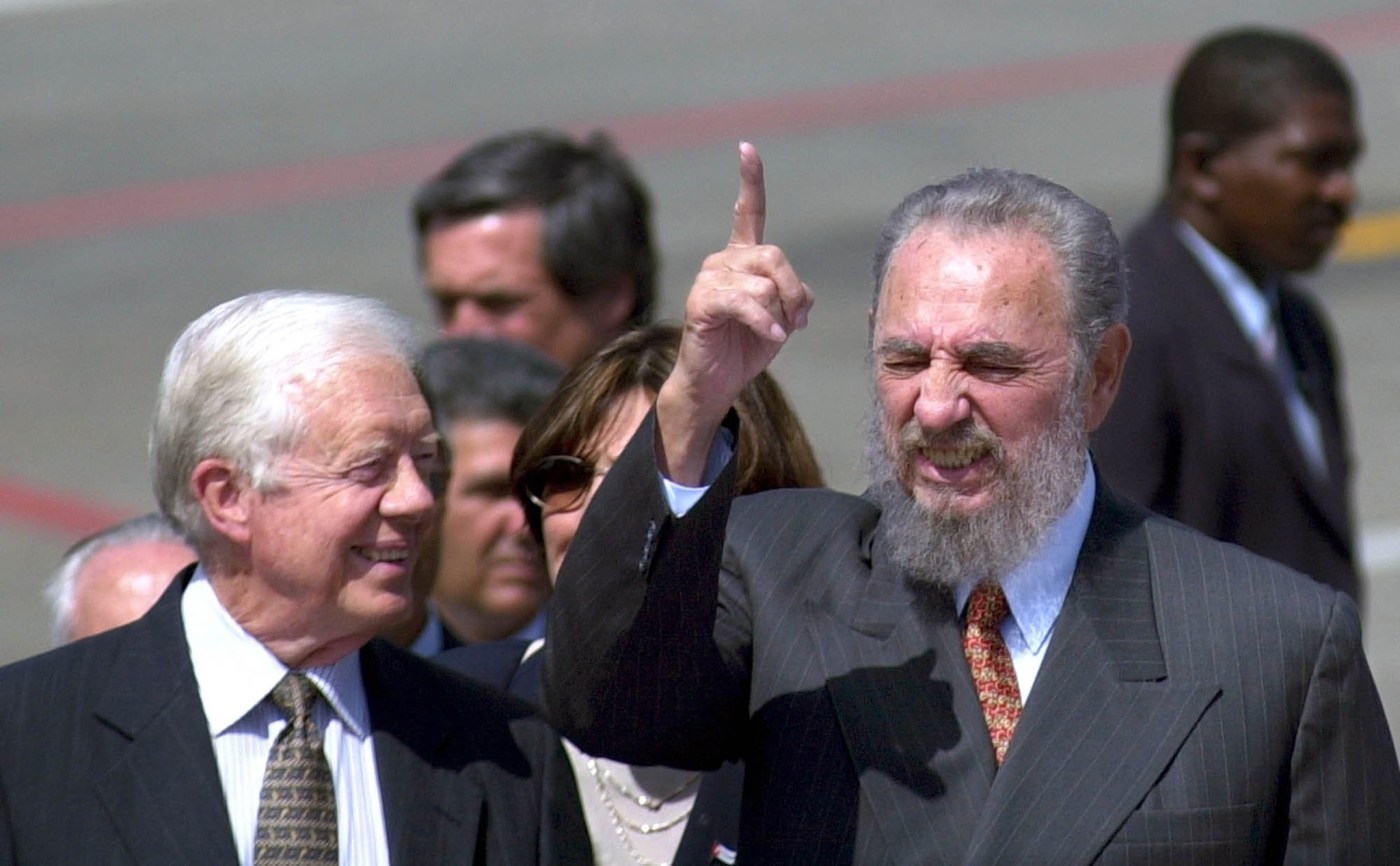Florida is witnessing a resurgence of concerns reminiscent of historical repression as residents voice their experiences and opinions in letters to the editor. In a poignant reflection, Armando Lamelas, a resident of Pembroke Pines, compares his childhood in Cuba under Fidel Castro to current events in the United States. He expresses alarm at what he perceives as a troubling trend toward censorship and social division.
Lamelas recalls the early days of Castro’s regime when dissent was silenced, media was controlled, and citizens were encouraged to report on one another. Now, at 77 years old, he feels that similar patterns are emerging in Florida. His letter underscores the emotional weight of witnessing a familiar narrative unfold in a different context, urging readers to recognize the implications of such political climates.
In a separate letter, Gerard Williams, a longtime employee at the Broward County Courthouse, addresses the portrayal of judicial misconduct in local media. He argues that the Sun Sentinel emphasizes these issues disproportionately, leading to a perception that the judiciary in Florida is uniquely dysfunctional. Williams highlights the challenges judges face, noting that the workload often extends well beyond courtroom hours. He emphasizes that most judges work diligently under significant stress, contributing to the complex dynamics of the legal system.
Another letter, from Alan Savitz of Boca Raton, expresses frustration with the perceived political bias in the Sun Sentinel‘s editorial choices. Savitz advocates for a more balanced representation of conservative and liberal viewpoints, reflecting a desire for inclusivity in public discourse. His remarks resonate with readers who feel marginalized by the current media landscape.
In a compelling account, Robert Adams from Dania Beach shares his personal battle with opioid addiction and the impact of recent legislation banning 7-OH, a natural substance derived from the kratom plant. Adams credits 7-OH with aiding his recovery, calling the ban a significant setback for individuals struggling with substance use. He argues that regulating rather than outlawing substances like 7-OH could provide safer alternatives to opioids, highlighting the urgent need for effective policies that consider the realities of addiction.
As these letters illustrate, Florida is a microcosm of broader societal issues. Residents are grappling with feelings of repression, political divisiveness, and the complexities of substance regulation. Their voices reflect a diverse array of experiences and concerns, urging a reevaluation of how policies impact individual lives and community well-being.
The ongoing dialogue around these topics underscores the importance of fostering an open exchange of ideas and experiences, ensuring that all voices are heard in the pursuit of solutions.
